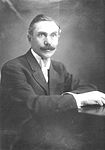
Thomas Walter Scott was the first premier of Saskatchewan from 1905 to 1916. Scott was Saskatchewan's second longest-serving Premier, serving one continuous term from 1905 to 1916). He led the Saskatchewan Liberal Party in three general elections, winning all three with majority governments before retiring. He was the first of six Liberal Premiers to date. He was succeeded by William Melville Martin. Scott was also the minister of various departments during his tenure as premier. Prior to the creation of Saskatchewan in 1905, Scott was a Member of Parliament in the federal House of Commons of Canada, elected in the general elections of 1900 and 1904.
Canada holds elections for legislatures or governments in several jurisdictions: for the federal (national) government, provincial and territorial governments, and municipal governments. Elections are also held for self-governing First Nations and for many other public and private organizations including corporations and trade unions. Municipal elections can also be held for both upper-tier and lower-tier governments.

The 1905 Saskatchewan general election was the first provincial election in the newly created Canadian province of Saskatchewan. It was held on 13 December 1905 to elect members of the Legislative Assembly of Saskatchewan. Walter Scott led the Liberal Party of Saskatchewan to victory over the Provincial Rights Party of Frederick W. A. G. Haultain, and became the first Premier of the new province.

The 1908 Saskatchewan general election was held on August 14, 1908 to elect members of the Legislative Assembly of Saskatchewan. Premier Walter Scott and his Liberal Party were re-elected for a second term, defeating the Provincial Rights Party of Frederick W. A. G. Haultain.
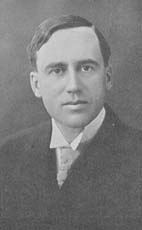
The 1917 Saskatchewan general election was held on June 26, 1917, to elect members of the Legislative Assembly of Saskatchewan.

The 1921 Saskatchewan general election was held on June 9, 1921, to elect members of the Legislative Assembly of Saskatchewan.
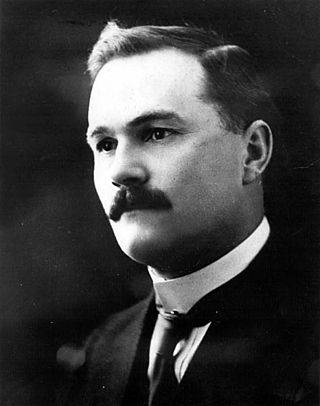
The 1925 Saskatchewan general election was held on June 2, 1925, to elect members of the Legislative Assembly of Saskatchewan.
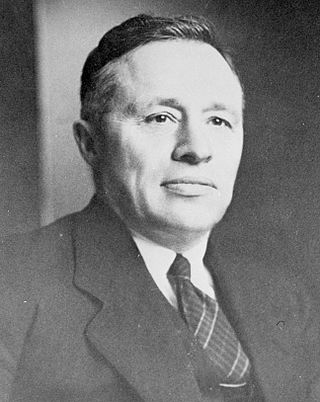
The 1929 Saskatchewan general election was held on June 6, 1929 to elect members of the Legislative Assembly of Saskatchewan.

The 1934 Saskatchewan general election was held on June 19, 1934, to elect members of the Legislative Assembly of Saskatchewan.

The 1938 Saskatchewan general election was held on June 8, 1938, to elect members of the Legislative Assembly of Saskatchewan.
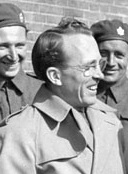
The 1944 Saskatchewan general election, the tenth in the history of the province, was held on June 15, 1944 to elect members of the Legislative Assembly of Saskatchewan. The Co-operative Commonwealth Federation, under the leadership of Tommy Douglas, was elected to a majority government.

The 1952 Saskatchewan general election, the twelfth in the history of the province, was held on June 11, 1952, to elect members of the Legislative Assembly of Saskatchewan. The Co-operative Commonwealth Federation government of Premier Tommy Douglas was re-elected for a third term with a majority government.
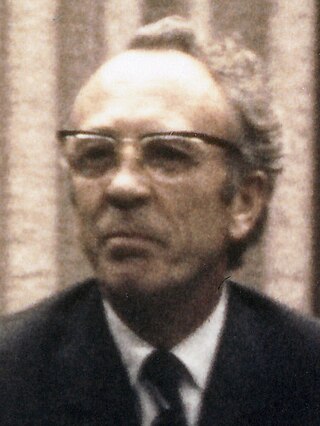
The 1960 Saskatchewan general election was held on June 8, 1960, to elect members of the Legislative Assembly of Saskatchewan.

The 1964 Saskatchewan general election was held on April 22, 1964, to elect members of the Legislative Assembly of Saskatchewan.

The 1967 Saskatchewan general election was held on October 11, 1967, to elect members of the Legislative Assembly of Saskatchewan.

The 1978 Saskatchewan general election was held on October 18, 1978, to elect members of the Legislative Assembly of Saskatchewan.

The 1982 Saskatchewan general election was held on April 26, 1982, to elect members of the Legislative Assembly of Saskatchewan.
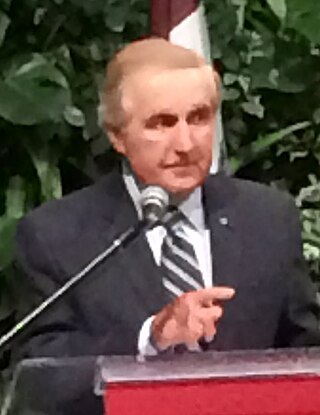
The 1991 Saskatchewan general election was held on October 21, 1991, to elect members of the Legislative Assembly of Saskatchewan.

The 1913 Alberta general election was held in March 1913. The writ was dropped on 25 March 1913 and election day was held 17 April 1913 to elect 56 members to the 3rd Alberta Legislature. Elections in two northern districts took place on 30 July 1913 to compensate for the remote location of the riding. The method to elect members was under the First Past the Post voting system with the exception of the Edmonton district which returned two members under a plurality block vote. The election was unusual with the writ period for the general election being a very short period of 23 days.

Athabasca is a provincial electoral district for the Legislative Assembly of Saskatchewan, Canada. It is located in the extreme northwest corner of the province. The major industries are tourism, mineral extraction, forestry, commercial fishing, and trapping. The Cluff Lake uranium mine is located in this constituency, as well as the Athabasca Sand Dunes Provincial Park and the Clearwater River Provincial Park. The major communities are La Loche, Île-à-la-Crosse and Buffalo Narrows with populations of 2,136, 1,268, and 1,137 respectively.
